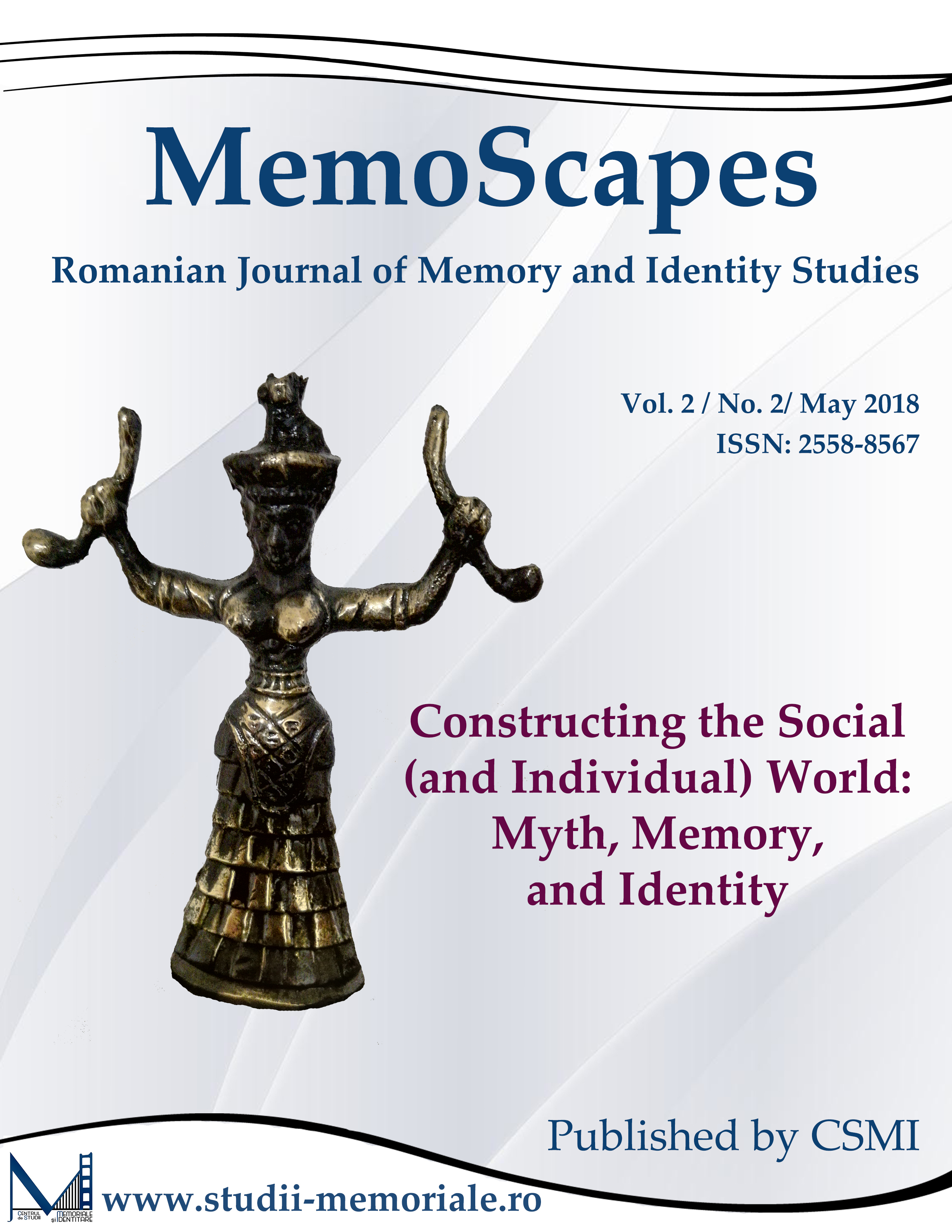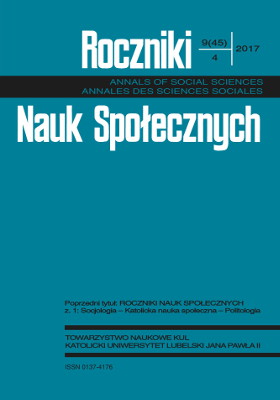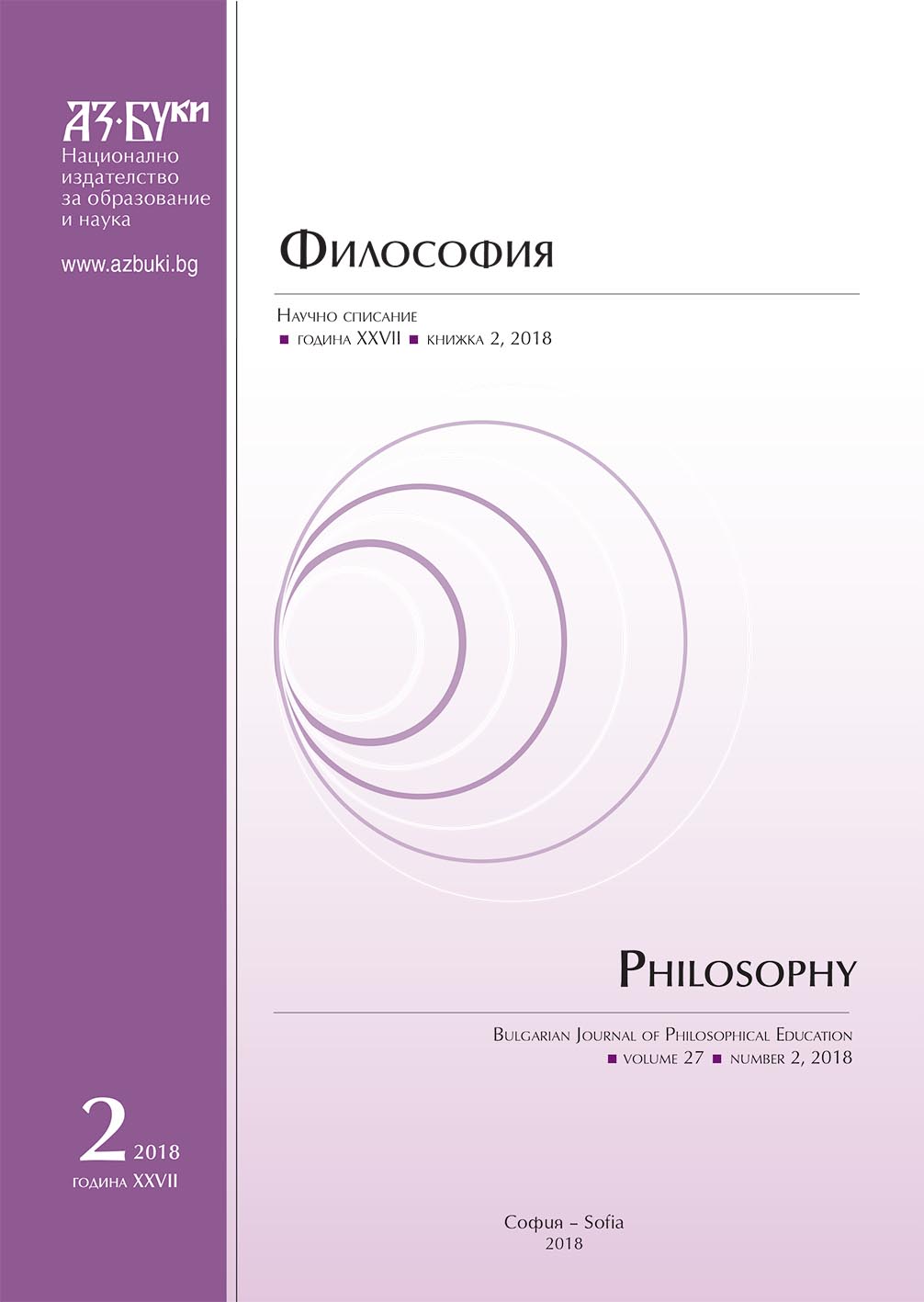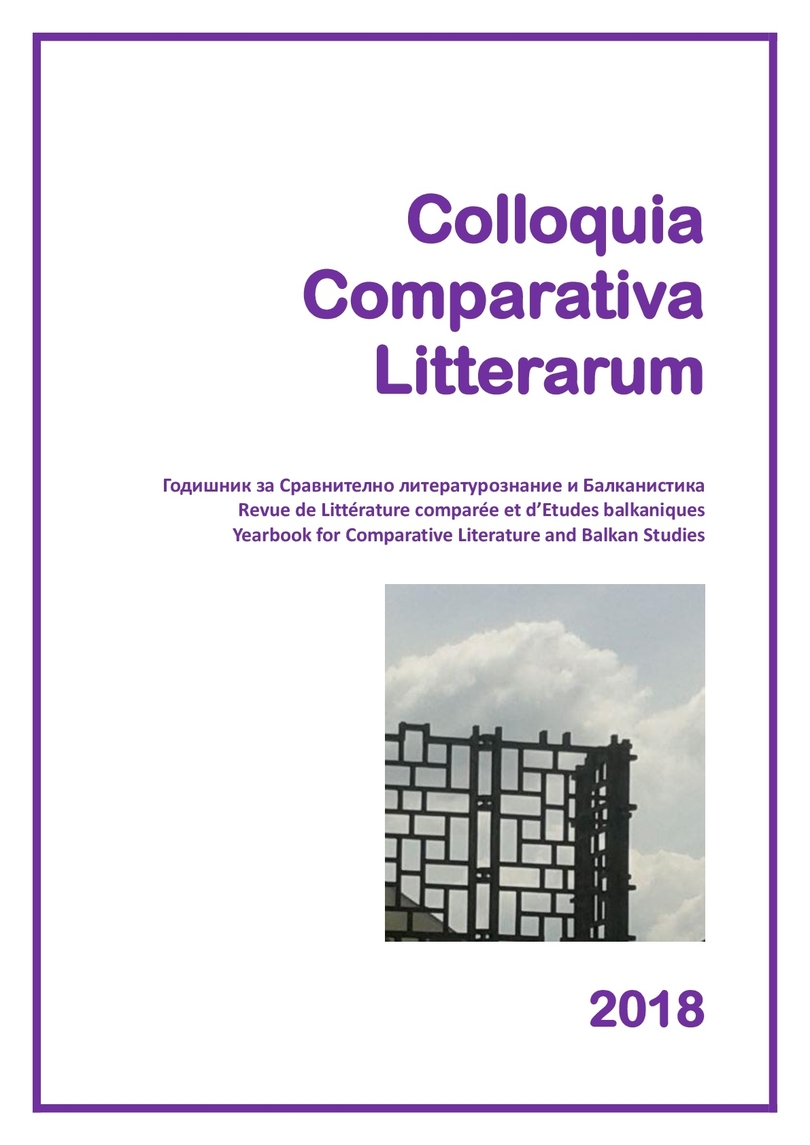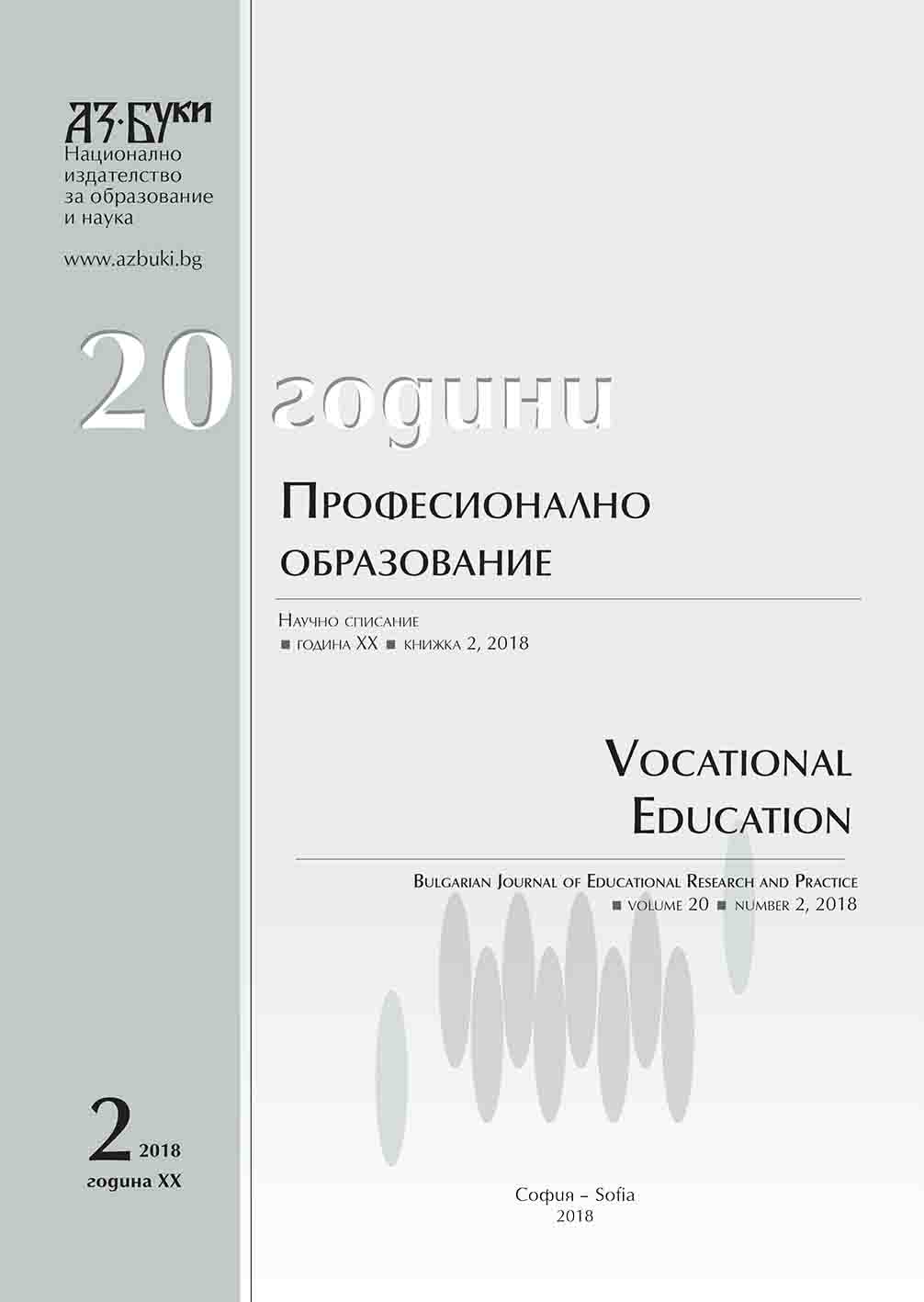
Анализ на епическа творба
The article offers a possible model for analytical reading that can be applied to any epic text. A second episode of Ivan Vazov’s story “One Bulgarian Woman” was used. Among the questions to be answered are: What is your idea of artistic literature? Which works of art have left unforgettable traces in your mind? Why?
More...

